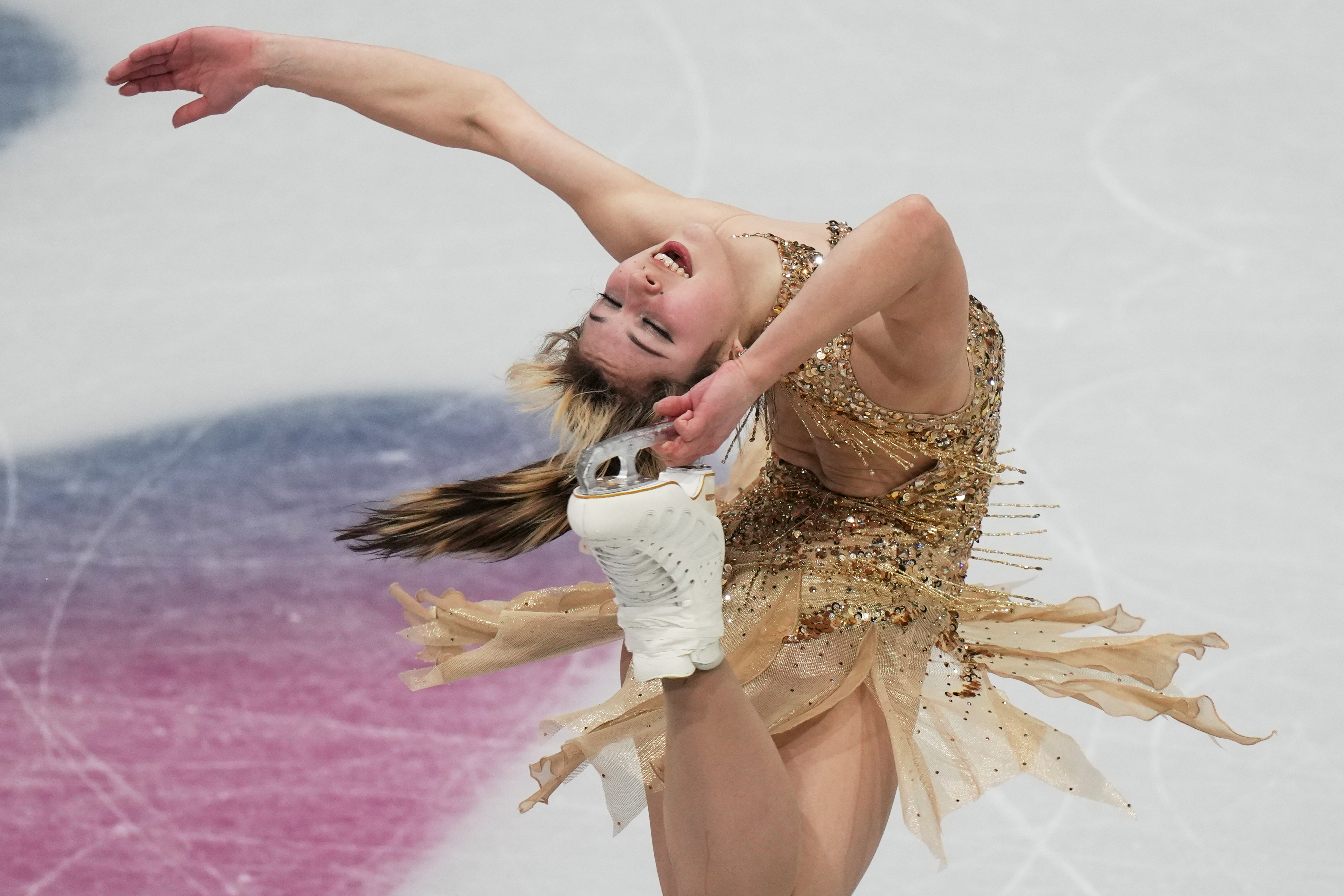It's almost time for the "Big Dance." March Madness is back, and the NCAA's Division I men's and women's Basketball tournaments are preparing to tip off once again.
"I am a believer that it's like Christmas morning," said Mike Decourcy, a college basketball columnist for Sporting News.
The men are taking to the court first, with 68 teams competing for a shot at the national title — a tournament that dates all the way back to 1939.
"I think it starts with the chemistry of the event that is really difficult to replicate," Decourcy said.
Although that chemistry remains very much the same year-to-year, some elements are shaking things up, starting with the acronym NIL.
"NIL stands for name, image and likeness," said Matt Brown, a publisher at Extra Points. "Broadly what that it means is that college athletes can monetize their personality, their name without losing their eligibility, which is a relatively new policy for most of the history of college athletics."
In June 2021, the NCAA adopted a policy that allows student athletes, including basketball players, to essentially make money off of their public image. Since then, players have been able to cash in from things like merchandise or ambassador deals with companies like Buffalo Wild Wings, fireworks stores and the Dollar Shave Club.
These deals can pay out big time.
The Indianapolis Star reports that as of July 2022, there are some men's college basketball players with "NIL deals confirmed to be in the high six and even seven figures."

Betting on March Madness expected to quintuple in 2023
Betting on NCAA's March Madness has always been a popular pastime, but with the expansion of legalized betting, it could explode in 2023.
"I've never understood why the kids shouldn't be able to benefit from their name, image and likeness when everyone else is making money on them," said Jordan Bernfield, a play-by-play broadcaster for ESPN.
That earning ability is having an impact on who will be on the court during the tournament, with some players opting to stay in college longer than they would have in the past.
"In the past, even though less desire, they might have just said, 'Well, I got to get paid by somebody. Even if I'm not getting paid to play in the NBA, I'll go somewhere and make money,'" Decourcy said. "And now they can stay in college and make a significant amount and play in a game that still values what they do."
The NIL policy isn't the only 2021 element causing ripple effects during this tournament: The same year the NIL policy went into effect, the NCAA adjusted their transfer policy to make first-time transfer student athletes eligible to compete right away at their new school without having to sit out a season, prompting a spike in transfers throughout the NCAA.
"I think that first of all, a lot of times what you see is players transferring for the opportunity to play at the highest level, and players who are playing in mid-major or low-major leagues and are thinking, 'Hey, I can play in the Big East. I can play in the ACC. I can play in the Big Ten. And they want that opportunity, to give it a shot," Decourcy said.
"Coaches are now having to recruit their own players, which I don't think was something that we all thought about when this movement began," Bernfield said.
Despite the impact the NIL and transfer policy continue to have, experts say college basketball overall is heading the right way.
"I think that college basketball is headed in a much better direction than the stewards of the game think," Decourcy said. "March is the best. It's certainly exhausting. But there's nothing about it that you can duplicate, and there's certainly nothing about it that needs to be fixed."











